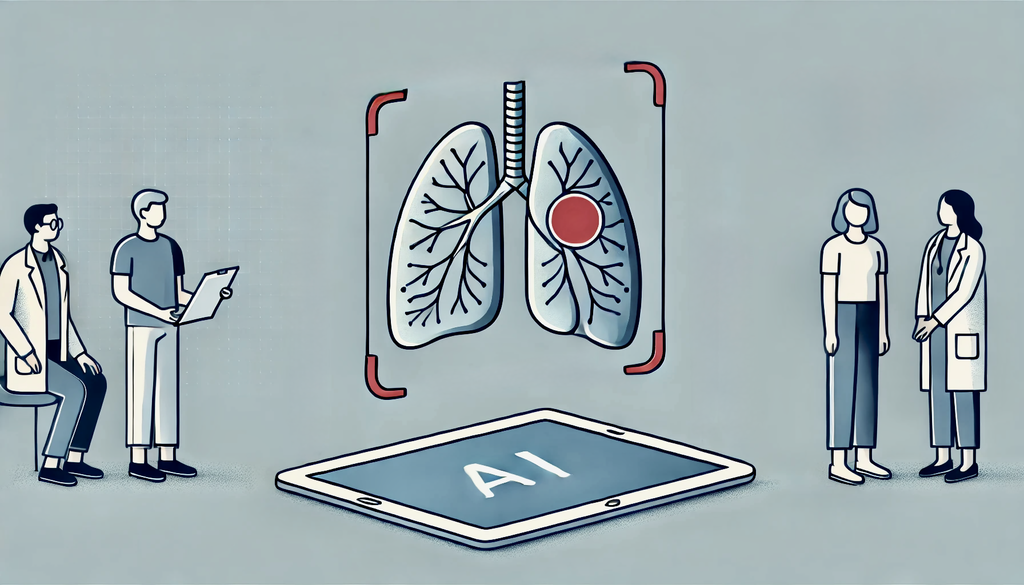
Clinical Problem
Lung cancer is the second most diagnosed cancer worldwide and the leading cause of cancer death with an estimated 18% of all deaths, according to Sung et al. (2021). The staging of lung cancer is crucial for the prognosis and planning of the treatment for each patient, and it is done using the TNM classification system which was accepted by the Union for International Cancer Control (UICC) Committee on Tumor Nomenclature and Statistics in 1953. In this system, T denotes the extend and the size of the primary tumor, N refers to the involvement of metastasis in the regional hilar and mediastinal nodes and M indicates the presence of metastasis in any other part of the body. Artificial intelligence can play a crucial role not only in the screening but also in the diagnosis, staging and therapy selection of lung cancer. Deep learning algorithms can closely match, or even surpass, human expert-level performance in various medical image analysis tasks, thereby accelerating workflows and reducing the increasing workload of radiologists and pulmonologists. These techniques can play an important part in the personalized care for patients with non-small cell lung cancer (NSCLC).
Objective
The primary objective of this project is to develop an AI model capable of accurately detecting primary lung tumors of any size and any separate tumor nodules in CT scans of patients diagnosed with non-small cell lung cancer (NSCLC). Our group has previously developed accurate methods for detecting lesions up to 3cm, but in this project, we aim to extend this detection model to larger tumor sizes. This AI model will subsequently support critical tasks such as identifying tumor location, measuring tumor size for precise T staging, and detecting potential secondary tumor nodules. By integrating these functionalities, the proposed tool aims to enhance the lung cancer staging process by providing robust support for the assessment of the T descriptor, ultimately aiming to contribute to improved diagnostic accuracy and treatment planning.
Tasks
- Develop, train, and validate an AI model for detecting primary tumors in thorax CT scans.
Requirements
- Master students with a major in computer science, mathematics, biomedical engineering, artificial intelligence, physics, or a related area in the final stage of master's studies are invited to apply.
- Experience with programming in Python.
- Experience/interest in deep learning, medical imaging, and medical image analysis.
Practical Information
- Project Duration: 3 or 6 months
- Location: Department of Medical Imaging, Radboud University Medical Center, Nijmegen
- For more information, please contact Alonso Cerrato Nieto or Colin Jacobs.

